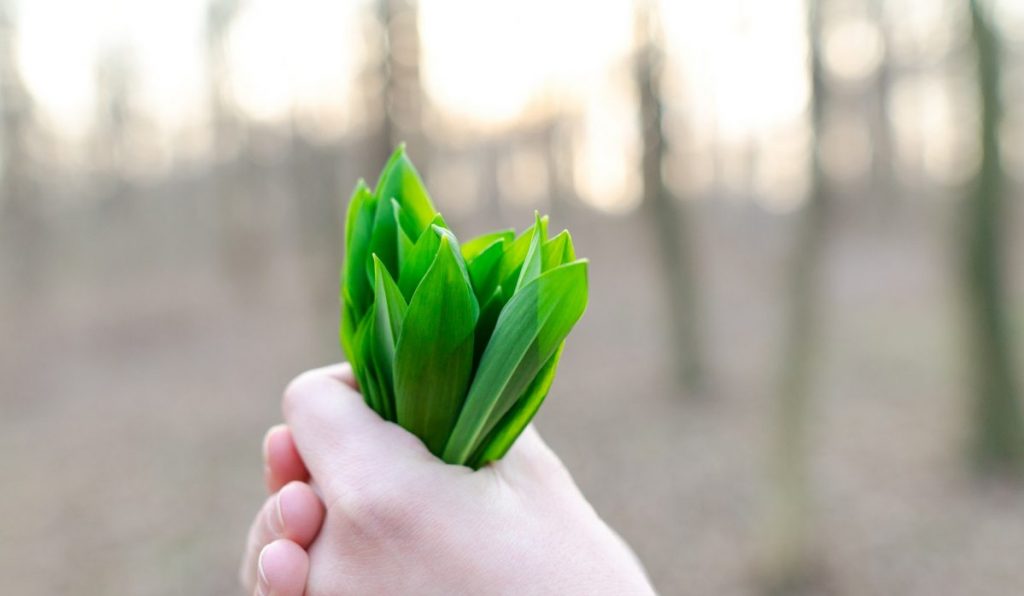Happy World Ozone Day!
Actually, it might be more fitting to say, ‘Unhappy World Ozone Day’ because we are destroying it – and that’s hardly something to celebrate. But, there is something we can do!
Here’s the situation:
Our ozone – the protective layer maintaining our atmosphere and shielding us from the Sun – is in a state of depletion.
In 2000, satellite measurements revealed that the ozone ‘hole’ over the Antarctic had reached a record 28.3 million square kilometres – one million sq. km more than the previous record in 1998.

Chlorofluorocarbons, chemicals found mainly in spray aerosols excessively used by industrialized nations for the past 50 years, are the primary culprits in ozone layer breakdown. When these reach the upper atmosphere, they are exposed to ultraviolet rays, which causes them to break down into substances that include chlorine. The chlorine reacts with the oxygen atoms in ozone and rips apart the ozone molecule.
One atom of chlorine can destroy more than 1000 ozone molecules. And ozone-destroying chemicals are long-lasting, meaning that once they are released, they float about for years and continue to contribute to peak concentrations.
And the ozone is, let’s say, kind of necessary: the ozone layer in the stratosphere (about 12-45 km above the ground) shields the Earth’s surface from the Sun’s damaging ultraviolet rays; exposure to increased UV-B radiation at the Earth’s surface is known to result in skin cancer, and unpredictable damage to plants, algae, the food chain and the entire global ecosystem.

So if you’re a compassionate soul who cares about protecting our planet – for the sake of ourselves, our animal fellow-inhabitants, and simply for the planet itself – you can do a few really easy things to help stop further ozone depletion.
Drive less
limiting your vehicular emissions, which will eventually result in smog which contributes to ozone holes, is an easy way to make a difference. Cycle, walk, or use public transport whenever you can.
Shop consciously
Use eco-friendly cleaning and cosmetic products – avoid aerosols and toxic-chemical filled cleaning solutions
Opt for a vegan lifestyle
Animal agriculture causes huge amounts of pollution; the meat industry is one of the biggest contributors to climate change, producing greenhouse gases which exacerbate global warming. Without these industries destroying vast areas of natural plantation and forestation, there is less greenery to naturally absorb carbon dioxide. This can help maintain our ozone layer. Pesticides are also used in the production of crops needed to feed cattle and other animals reared for food, and the chemicals in these are highly destructive.
Let’s make the ozone happy this ozone day!


